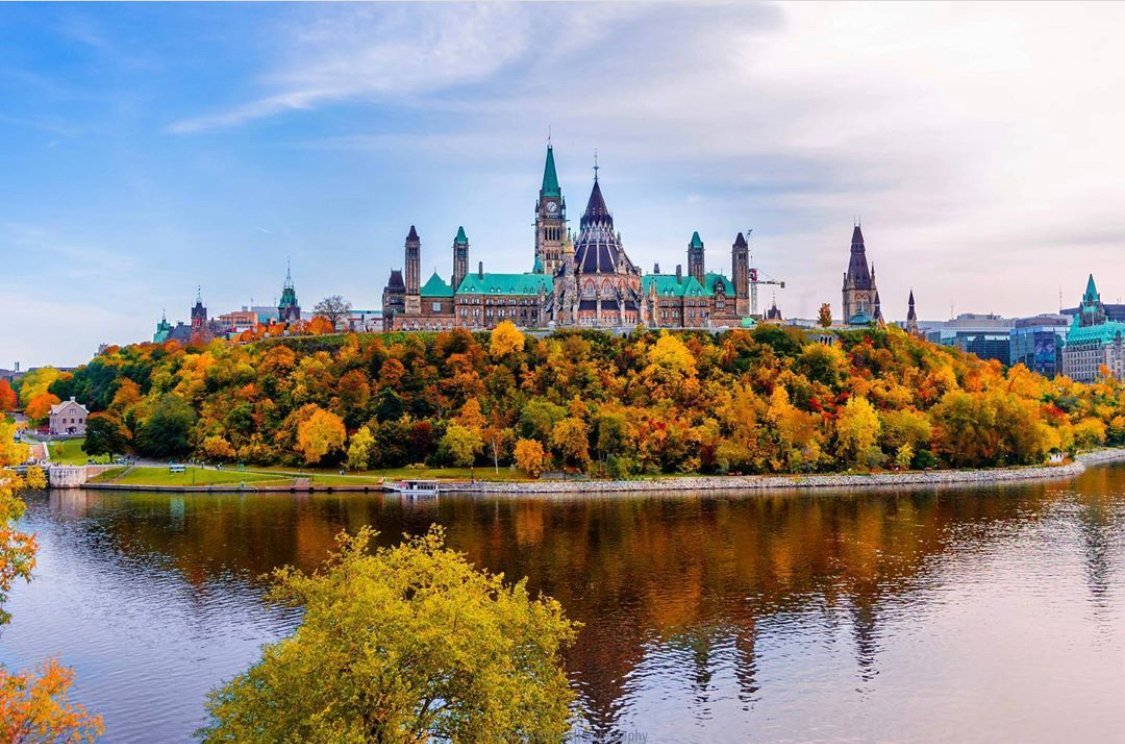
The 3rd International Conference Of
Non-Lethal Roles of Cell Death Proteins
9 - 12 September 2024 — Ottawa, Canada
About The Conference
Programmed cell death/apoptosis is managed by well defined signal pathways, which coordinate cell disassembly and death. Despite the lethality of these pathways, a growing number of studies have shown that the core death proteins act as conserved inductive cues for cell differentiation, proliferation, and stress adaptation. More recently, studies have revealed that the same cell destruction machinery is also essential in initiating human disease, independent of inducing cell death. This conference is dedicated to the topic of the "non-lethal roles of cell death proteins", and is the only international meeting with such a focus. International leaders of the field will meet in Ottawa in September 2024 to discuss the important developments and discoveries that have happened in recent years, share new knowledge, identify promising new avenues of research and build collaborative research networks.
Registration
Registration Deadlines
Registration and Abstract Submission:
CLOSED
Registration only:
CLOSED
Registration Fees
Flat Rate Fee: $600 CAD
Invited
Speakers
If you are an invited speaker you can register here.
Abstract Submission/Poster
Presenters
If you wish to present your work as a poster at the conference you can register here; Abstract submission also submitted here.
General
Attendees
If you are only participating in the conference, you can register here.
Travel to Canada
A reminder to anyone traveling from outside of Canada to attend the conference, to please take a moment to ensure that you have all of the proper travel documents prior to your planned departure. https://www.canada.ca/en/immigration-refugees-citizenship/services/visit-canada.html?outside
Land Acknowledgement
The Ottawa Hospital Research Institute acknowledges it is located upon the traditional and unceded territory of the Algonquin people. We have the privilege and responsibility to represent and include in our research First Nations, Métis and Inuit of many backgrounds and from many treaty and non-treaty lands and territories and to demonstrate respect for the contributions and cultures of Indigenous Peoples. We also acknowledge traditional knowledge and healing developed over countless generations. The research and experiments that were done on Indigenous people will not be repeated.

